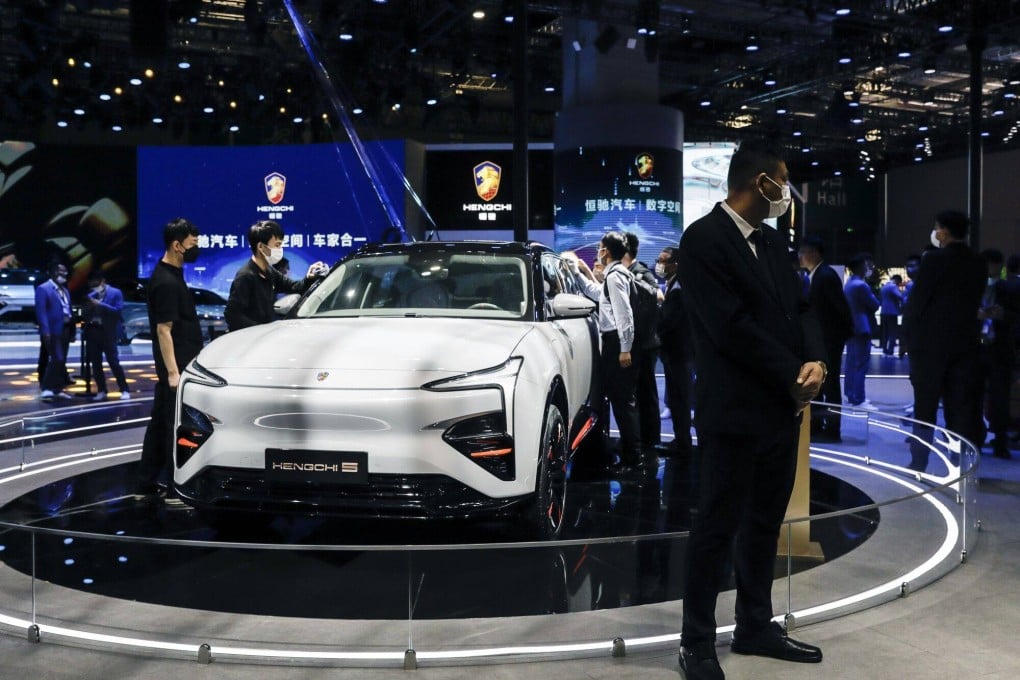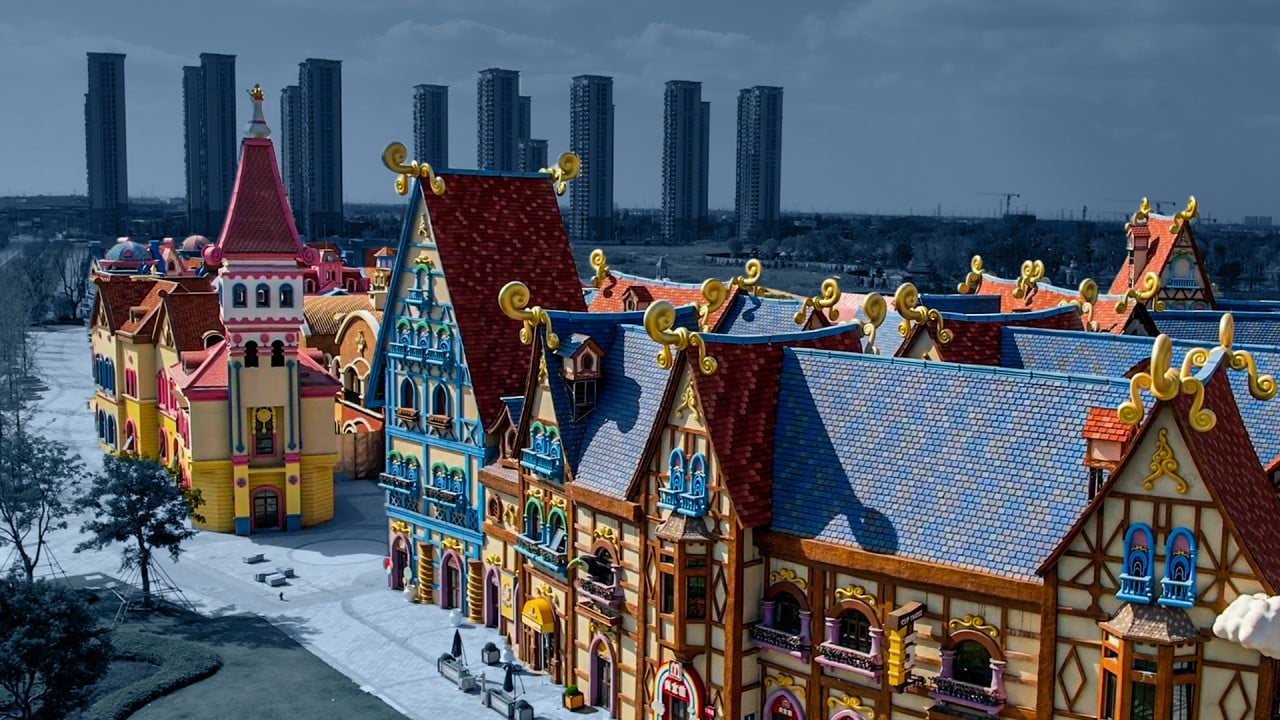China Evergrande’s EV unit caught unawares by demand for US$268 million of subsidies by local governments
- Evergrande NEV said local governments want to terminate investment cooperation contracts signed in April 2019 and are demanding repayment of subsidies
- The company’s total loss in 2023 stood at 12.3 billion yuan (US$1.7 billion) and liabilities at 72.5 billion yuan, according to its financial report

If the requests are implemented, they could have an adverse impact on the financial position and operations of the company and its relevant subsidiaries, the filing said, adding that Evergrande NEV was coordinating with local governments to resolve the issue.
Evergrande NEV is in deep financial trouble, according to its latest annual report. Total comprehensive loss for 2023 stood at 12.3 billion yuan, while liabilities were 72.5 billion yuan. The company produced a total of 1,700 cars and sold only 1,389 units last year.
The troubles at China Evergrande have worsened since it was ordered by a Hong Kong court to liquidate in January. In March, the China Securities Regulatory Commission said the Guangzhou-based developer had inflated its sales by 564 billion yuan (US$78 billion) and profits by 92 billion yuan in the years leading up to its collapse.

